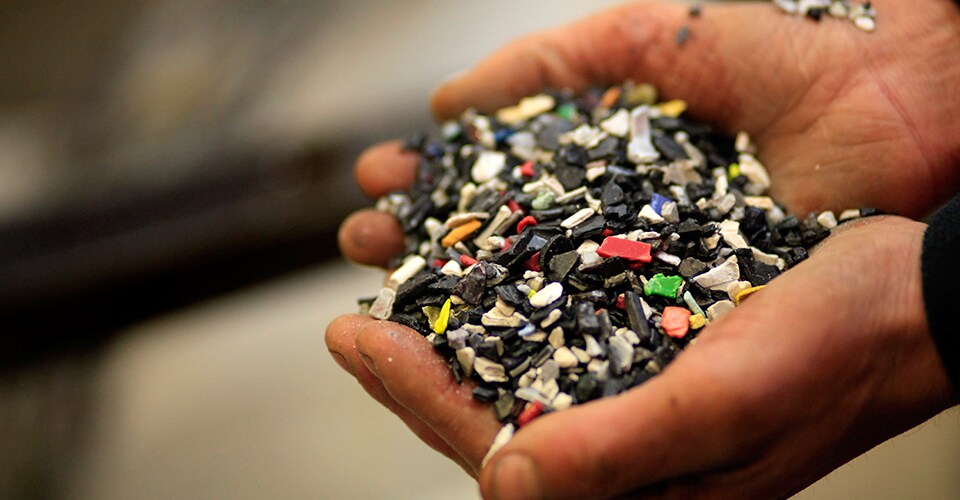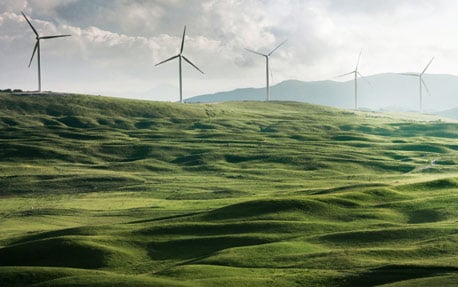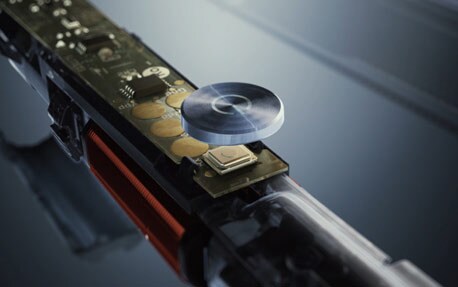Advances in material reuse
How does a company like Philips, with a century of innovation legacy, channel its culture of innovation toward becoming more sustainable? Well, along with reducing energy consumption, we’re addressing our use of plastic and other raw materials across our product portfolio. Plastic has long been in demand for its durability, versatility, and light weight. New or ‘virgin’ plastic is created using fossil fuels and when it's not disposed or recycled in the right way, it ends up polluting the environment.

Reducing our use of virgin plastic
In our efforts to cut our environmental impact, we want to significantly reduce the amount of virgin plastic that we use in our products. In development, we're increasingly choosing recycled or biobased plastics over virgin fossil-based plastic. This includes phasing out chemicals like PVC and BFR. And we’re teaming up with suppliers and recyclers worldwide to create packaging and products using more recycled materials than before.
Improving recyclability and designing with biobased plastic
Products eventually reach the end of their life with you. When that happens, you want to be sure there are environmentally conscious ways to dispose of them. As part of our journey towards sustainable product design, by 2025 we aim to design 100% of our products in line with our Philips EcoDesign requirements. We have been designing products with recycled plastics and bio-based materials since 2010. Today, our use of sustainable materials extends to some of our hairdryer portfolio, baby monitors and shavers. Philips Sonicare toothbrush heads are another example of our commitment to EcoDesign, with a select (but growing) number of models now designed with 75% bio-based materials. Aside from sustainable product design initiatives, we’re also continuing to increase the number of products with paper-based packaging. We’re also removing unwanted chemicals to improve our products’ recyclability.

966 tonnes of waste prevented across our own activities in 2022
Our ambition is for all new products to fulfil our EcoDesign requirements by 2025.
We’ve already removed chemicals that make recycling Philips products difficult (like PVC and BFR) in most of our products. Our next goal is to phase them out entirely by 2025.
More than 90% of our consumer product sales consist of PVC/BFR-free products
We exclude power cords from this ambition for safety reasons.
More on our sustainability efforts

Carbon neutrality and energy efficiency
Our Philips sustainability efforts are a continuous process. As previously mentioned, we became 100% carbon-neutral in our own operations in 2020 and have remained carbon neutral ever since*. Our designers and engineers have been working for more than 30 years to increase the energy efficiency of the products we make, helping our consumers use less energy too.

Keeping products and materials in use
Innovation at Philips means offering access to products that fit your life and align with your sustainable values. We’re trying to make your choice simpler, doing our best to embed sustainability as part of a product’s entire offering, designing them with less raw materials, and enabling reuse and responsible recycling at the end of their life with you.

Our approach to sustainability at Philips
Learn how Philips is embedding environmental sustainability across its business, contributing to a healthy planet and communities.
* Our operations include our Philips manufacturing sites, offices, warehouses, business travel and logistics sites around the world.

